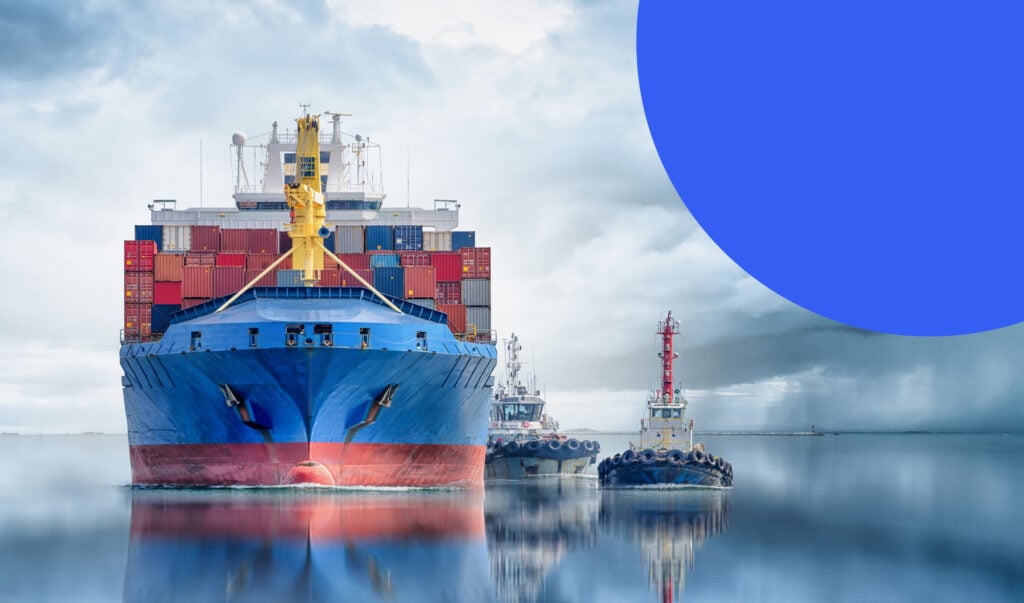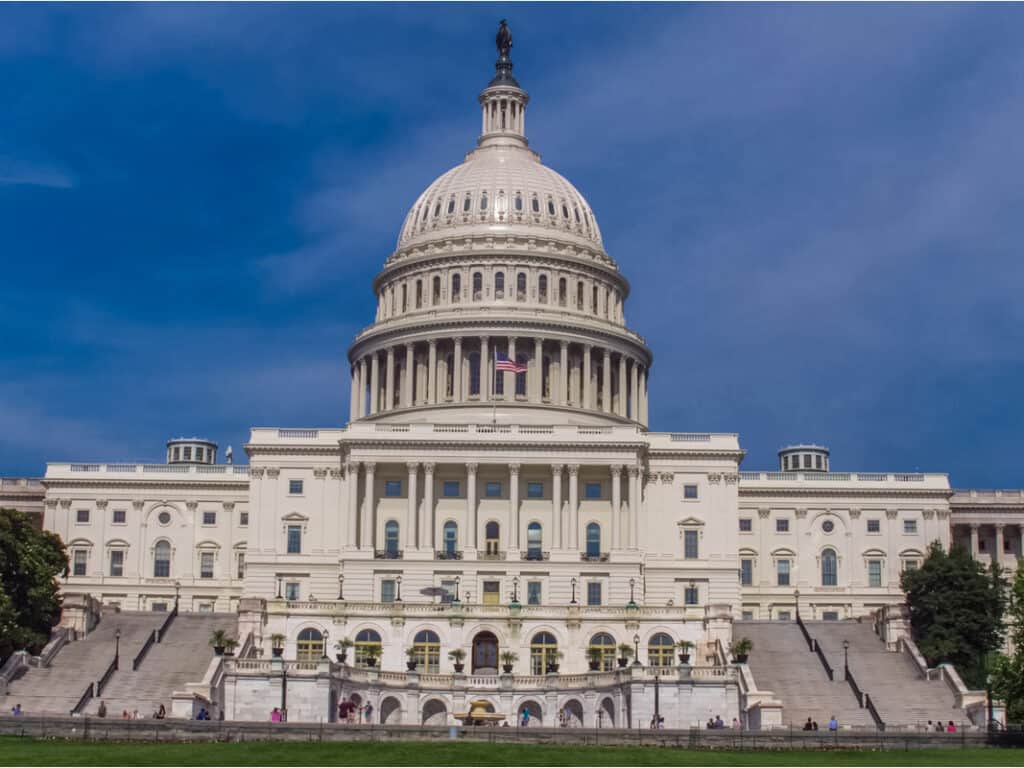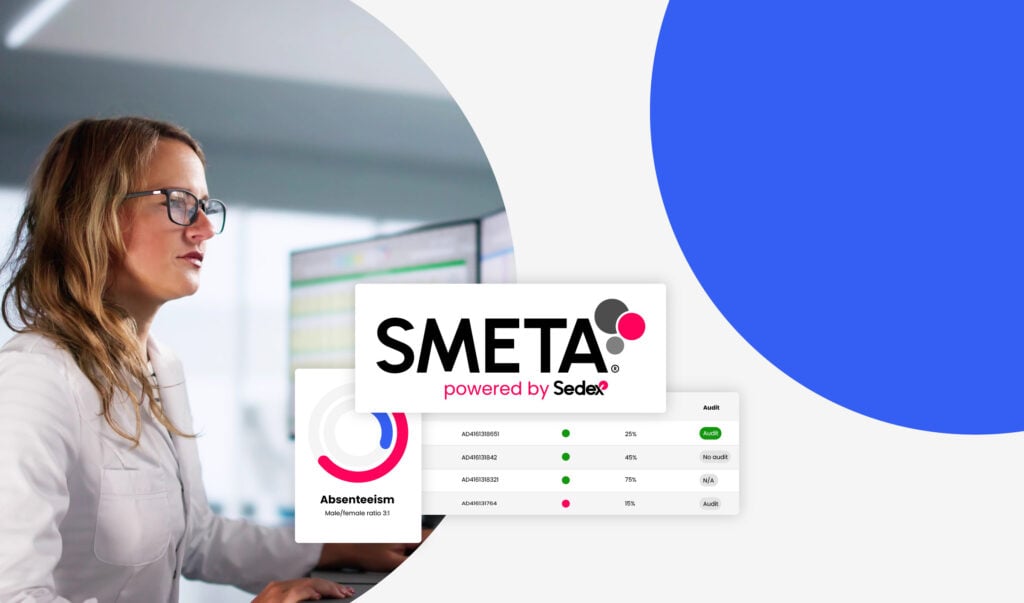Norway’s Transparency Act: What you need to know
A new Norwegian law, the Transparency Act, becomes effective from July 2022. This Act requires companies to make sure human rights and decent working conditions are respected in their operations and supply chains.
What is the new law?
Norway’s Transparency Act requires certain companies to carry out due diligence activities to ensure they are operating responsibly, respecting both human rights and decent working conditions.
Importantly, the Act applies to a large range of companies (see below), and the due diligence requirements of the Transparency Act apply to a company’s entire supply chain. The Act is also unique in that it requires companies to respond to information requests about how they address potential and actual impacts on human rights and decent working conditions.
This last point in particular makes the Norwegian Transparecy Act different from similar laws, such as Germany’s Supply Chain Due Diligence Act or the UK’s Modern Slavery Act.
The Act comes into effect on 1 July 2022. Companies must publish their first reports by 30 June 2023.
Who does it apply to?
Companies registered in Norway, and foreign companies that must pay taxes in Norway, that meet at least two of three criteria:
- At least 50 full-time employees (or equivalent annual man-hours)
- An annual turnover of at least NOK 70 million (£5.9 million, or US $7.94 million)
- A balance sheet sum of at least NOK 35 million (£2.95 million, or US $3.97 million)
What do businesses need to do?
Companies need to conduct human rights due diligence activities on their operations and their entire supply chain, including business partners – “any party in the chain of suppliers and sub-contractors…from the raw material stage to a finished product”, according to the current text of the Act.
This means they need to take steps to identify, address, prevent and limit violations of human rights or decent working conditions – whether potential or actual impacts. Required activities include implementing the appropriate policies, processes such as risk assessments, and providing or cooperating with efforts to provide remedy for any violations.
The Act also requires companies to report on all of these activities and make this information available on their corporate websites, promoting transparency.
Companies are legally obliged to respond to information requests from members of the public about the risks relating to human rights and decent working conditions in their operations, and their related due diligence activities.
The Act says that the level of due diligence activity should be in proportion to the size of a business and the severity and likelihood of violations. Look at the United Nations Guiding Principles on Business and Human Rights (UNGPs) for more information on what this means in practice (see point 14).
Consequences and penalties if companies fail to comply with this law
If companies covered by the scope of the law don’t comply with it, they could face fines or injunctions that limit their business activity. These fines and injunctions haven’t been defined yet, but we know they will reflect the severity, scope and impact of an issue.
Practical next steps if the law will apply to your business
- It is extremely important to understand your supply chain in as much detail as possible. This is an essential part of responsible sourcing and is a valuable activity for any business. Start by mapping all of your direct suppliers and business partners.
- Work with your procurement and buying teams to create a full list of your suppliers and business partners, including their locations, the nature of their businesses, and the nature of their workers.
- Talk to all your direct suppliers and let them know that this law is coming – you will need their support to map the other stages of your supply chain.
- Conduct a basic risk assessment, considering where suppliers are located and the types of people they employ. Certain countries of location, and certain types of workers such as migrant workers, are considered more vulnerable to risks.
Practical next steps for suppliers
- If your customers include businesses that will have to comply with this law, you can expect to receive more requests for information from them – especially once a date for the Act to become effective is confirmed.
- Read about the Transparency Act and the activities companies will need to do to comply with it, such as supply chain mapping. This will help you to understand what information your customers may ask for, so that you can start to prepare this information.
Read more about the Norwegian Transparency Act
How Sedex can help your business
Sedex’s tools and services can help your business to map your supply chain, conduct risk assessments, and prepare for the requirements of the Transparency Act.
- Our Consulting service can help you identify the laws that are most relevant to your company. We can provide support to ensure compliance with these laws, including responsible business legislation and Modern Slavery Acts.
- The Supplier Self-Assessment Questionnaire (SAQ) asks suppliers for information on their work sites, including the activities, working conditions and workers at sites.
- Our risk assessment tool uses data from third parties, SAQs and social audits to help you assess human rights and environmental risks across your supply chain. Look at inherent risks in countries and sectors relevant to your supply chain, and compare risk scores for the individual work sites that you have data for – all of this helps you prioritise where to focus your next steps.
- Our data platform helps businesses to store, share and report on supply chain information. Suppliers can share data with several customers at once, and buyer companies can store information about all their direct suppliers in one place to simplify analysis and reporting.



